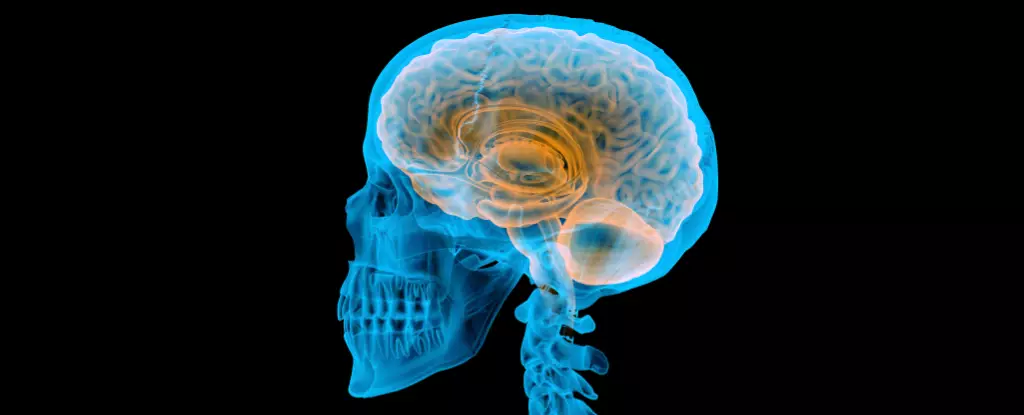Recent studies have illuminated the potential evolutionary significance of gut microbiomes in the development of human brains. The intricate relationship between our gut flora and metabolism plays a critical role in providing the necessary energy for our large brains. This fascinating connection raises questions about the evolutionary adaptations that might have led to the unique metabolism observed in humans compared to other animals. Researchers, particularly at Northwestern University, are delving into this subject, as they aim to understand how these tiny organisms have shaped one of our species’ most defining features.
Gut microbiomes consist of trillions of microorganisms that reside in our digestive systems, significantly influencing our health and biological functions. These microbes perform a variety of roles, including aiding digestion and influencing metabolism. Anthropologist Katherine Amato posits that the evolution of the human brain, which demands high energy, may have been supported by a gut microbiome that is finely tuned for energy production rather than storage. This distinction could have been a pivotal factor in the metabolic changes that allowed for larger and more complex brain structures throughout human evolution.
In their research, Amato and her team conducted experiments using ‘germ-free’ mice, which were introduced to the gut microbes from different primate species: humans, squirrel monkeys, and macaques. By observing the physiological responses of these mice, researchers could evaluate how the microbiome impacts metabolism. Notably, both humans and squirrel monkeys are characterized as “brain-prioritizing,” possessing relatively large brains in comparison to their body sizes. In contrast, macaques display a smaller brain size relative to their body mass.
The outcomes of these experiments revealed striking differences. Mice that received human gut microbiota exhibited higher levels of fasting glucose and triglycerides, while also experiencing minimal weight gain. This finding suggests that the human microbiome favors the conversion of energy directly into brain fuel rather than storing it as fat—indicating a specialized adaptation for supporting our energy-demanding brains.
The Evolutionary Significance of Microbial Adaptations
The research further elaborates on the relationship between brain size and metabolism, and how gut microbiomes evolve in line with these anatomical developments. Both humans and squirrel monkeys demonstrated a microbial configuration that favored energy production, whereas macaques’ microbiomes encouraged energy storage, highlighting a key evolutionary divergence. Amato’s work illustrates that while humans and squirrel monkeys share distant evolutionary paths, their microbial communities adapted similarly to meet the energy demands of larger brains.
Furthermore, these findings intersect with the longstanding concept that there’s a trade-off between brain growth and body growth in mammals. This principle posits that as one increases, the other tends to decrease, highlighting an evolutionary balancing act. The study supports this hypothesis by associating shifts in brain energy demands with the varying rates of growth observed in humans throughout development stages—from infancy through puberty.
Broader Implications and Future Research
Understanding the connection between gut microbiomes and brain development has profound implications not just in anthropology but also in modern medicine. It opens avenues for exploring how our diet and environment might influence our gut microbiome and, consequently, brain health and function. Given the relationship between metabolism and neurological development, future research could enhance our understanding of mental health conditions and metabolic disorders.
As scientists continue to uncover the mysteries of our gut microbes, we are reminded of their essential role in our overall health and evolution. The fascinating interplay between microbes, metabolism, and brain evolution emphasizes the importance of considering the microbiome when studying human biology and anthropology. As we advance in our understanding, we may discover new ways to harness the power of these microscopic allies to better health outcomes for humanity.

